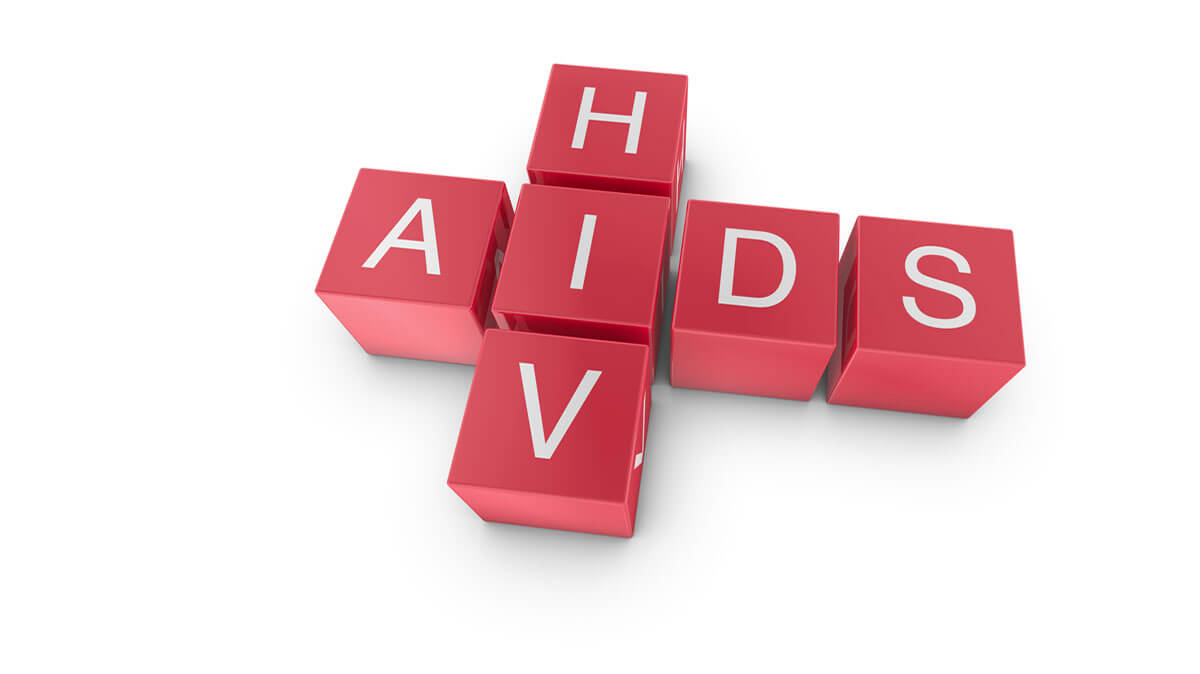Fiji has recorded a staggering 3,091 percent increase in new HIV infections between 2010 and 2024, prompting urgent calls for action from the World Health Organization (WHO) and UNAIDS.
The alarming figures were highlighted at a high-level dialogue held in Nadi during the 76th Session of the WHO Regional Committee for the Western Pacific, convened at the request of the Fiji Ministry of Health and Medical Services.
WHO Regional Director Dr. Saia Ma’u Piukala said the trend was “deeply concerning” and underscored the need for stronger prevention and testing efforts.
“HIV is not over. We need targeted approaches that respond to specific outbreaks and affected populations,” he said.
UNAIDS Regional Director Eamonn Murphy said Fiji’s rapid rise shows why political will and investment are critical.
“We must focus resources on the right interventions for the right people,” he said.
Health officials have linked the surge primarily to injecting drug use, warning of potential spillover effects across the Pacific.
WHO and UNAIDS have pledged technical and policy support to help Fiji scale up early diagnosis, harm reduction, and antiretroviral treatment programs.
“There is no time to waste,” Dr. Piukala said.
“Complacency is not an option.”



